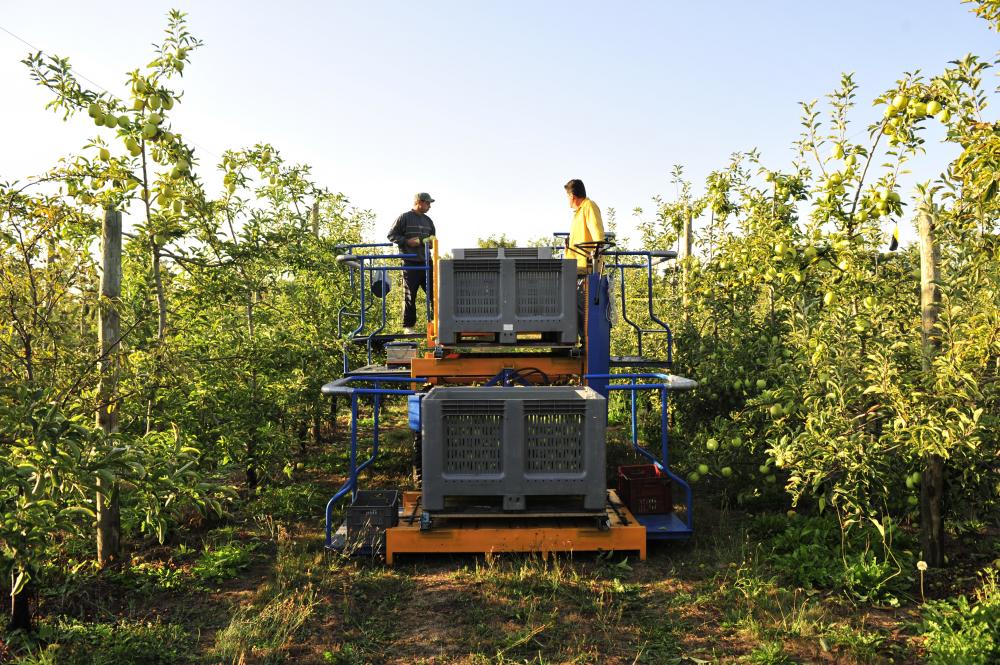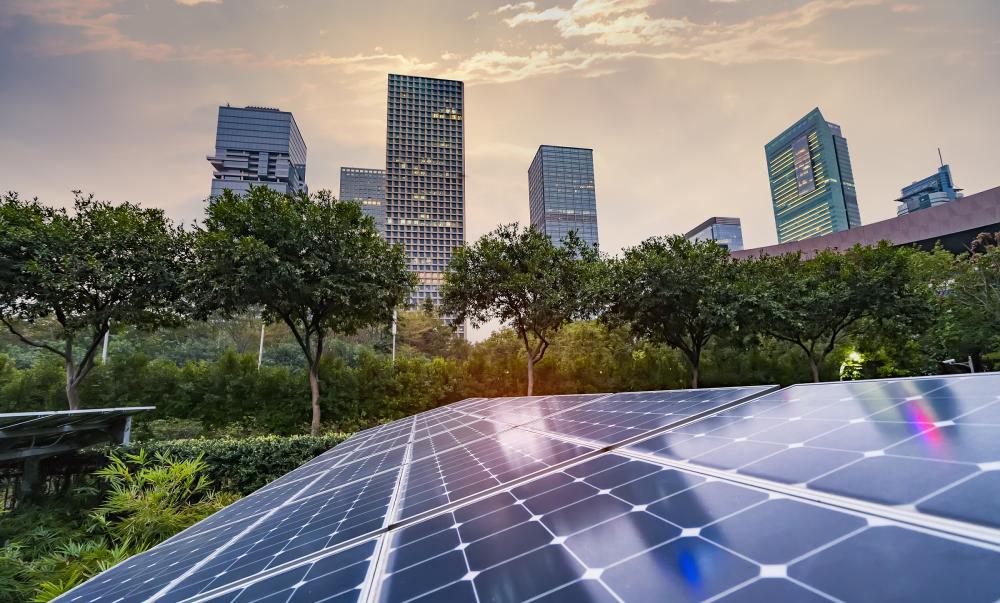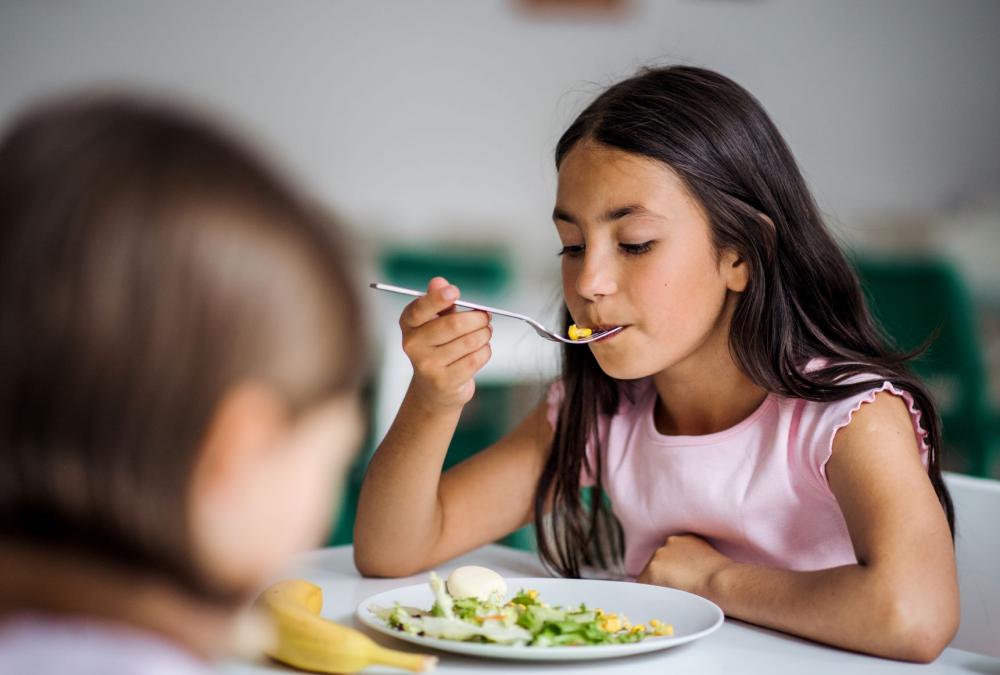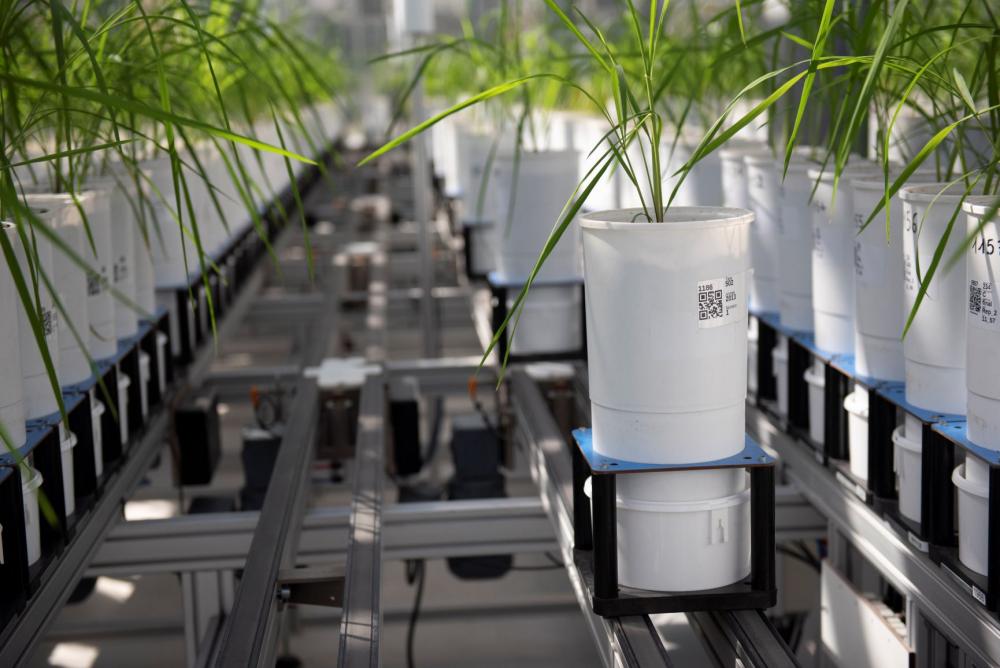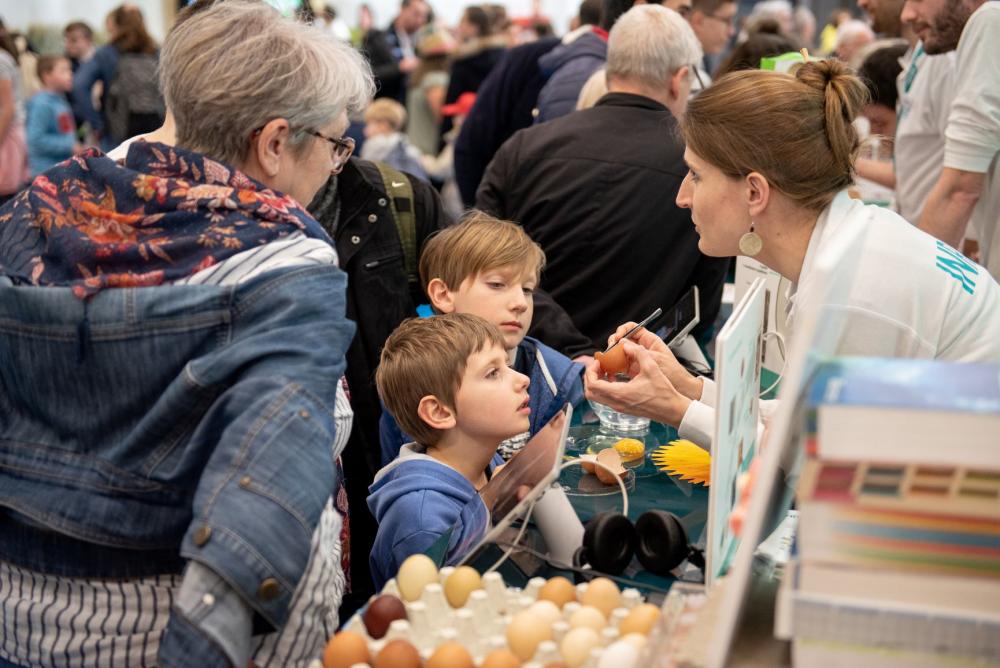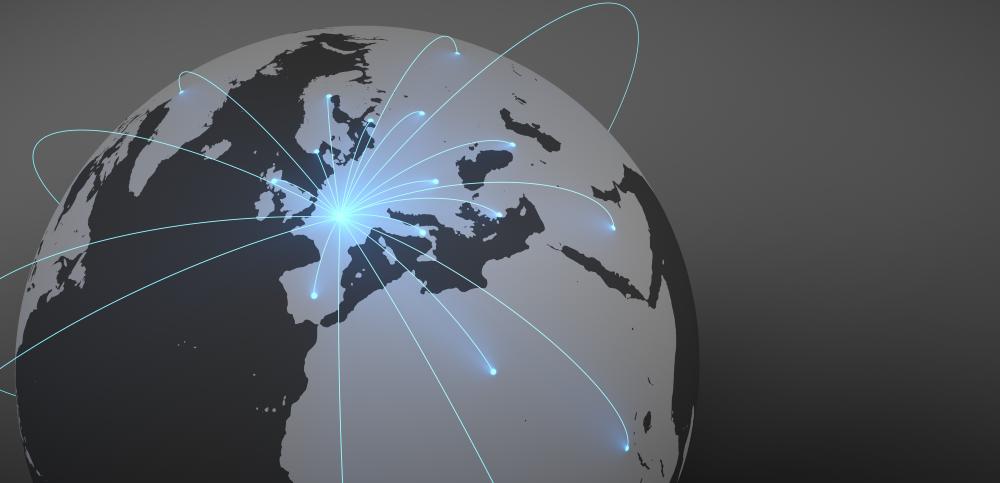INRAE2030
INRAE has begun a new stage of its 2020–2030 roadmap, which is tackling major challenges to build the agricultural, food, and environmental systems of tomorrow. The institute is thus reaffirming its scientific commitments by redefining its priorities and launching 15 challenges that will provide societal stakeholders with functional solutions over the next 5 years.
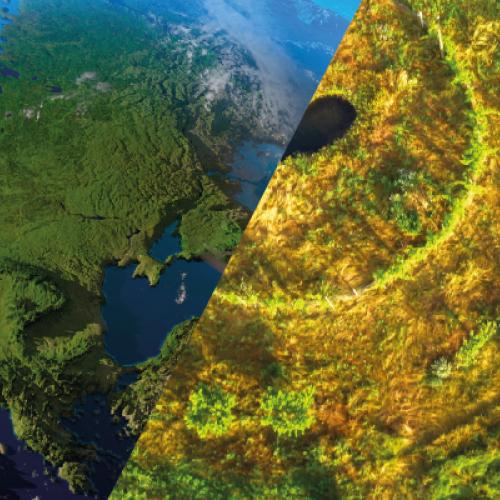
A new context with new challenges
Human societies are facing ever-more-intense climate, health, social, and geopolitical crises whose effects are being felt in France, Europe, and across the globe. These crises are affecting all stakeholders in agricultural and food systems, who are grappling with major difficulties related to production, competitiveness, and sustainability.
How can we ensure food sovereignty given climate change, while fixedly aiming for better economic performance, environmental performance, and social equity?
Against this backdrop, there are increasingly high expectations that research and the research-development-innovation pipeline will help provide solutions to multiple crises. Concrete steps must be taken to mitigate and adapt to climate change, bolster food and nutrition security, improve human and planetary health, facilitate agricultural transitions, preserve and restore biodiversity and natural resources, anticipate and manage risks, ameliorate living conditions for farmers, boost the economic competitiveness of farms and industries, and enhance regional planning.
We are witnessing the intensification of international competition in agricultural and food R&D. At the same time, science skepticism is on the rise in certain segments of the French population and in numerous countries, which poses a threat to academic freedom. In the future, scientific sovereignty will be one of the keys to food sovereignty.
Convergent solutions and tools for tackling these challenges
To facilitate these transformations and guide transitions towards healthy, sustainable systems, INRAE research is exploring myriad tools, such as reducing pesticide usage, notably via biocontrol solutions; designing sustainable livestock farming systems; breeding specific types of plants and animals; diversifying crops and livestock; identifying nature-based solutions; employing digital and artificial intelligence approaches and technologies in a reasoned way; fostering a sustainable bioeconomy and circular economy with strong regional facets; and nurturing regional dynamics that promote relationships between urban and rural areas.
A strategy defined by 5 scientific priorities, 3 general policy priorities, and 15 research challenges
The updated INRAE 2030 roadmap makes clear the institute’s commitment to research excellence and science at the forefront of knowledge, where the goal is to support crucial agricultural, food, and environmental transformations. To tackle immense scientific and societal challenges and address issues around France's scientific competitiveness in Europe and around the globe, INRAE has established collaborations with a wide range of academic and socioeconomic stakeholders, as well as with policymakers, and is supporting research project, infrastructure, or networking initiatives at European or international scales. These collaborations are strengthened by open science and innovation practices and occur at all levels, from regional to international.
INRAE's activities dedicated to research, innovation, expertise, and public policy support align with and feed into both French policies and European policies.
The institute’s work ranges from solutions-oriented research aiming for short- or medium-term impacts to knowledge-oriented, incremental, or disruptive research, which is discovering the solutions of tomorrow. More specifically, INRAE 2030 research is organised around 5 major scientific priorities (SPs), which are complemented by 15 research and innovation challenges. The focus is on important short- and medium-term issues, and the goal is to have an impact within the next five years. This work will be collaboratively performed with INRAE’s research, development, and innovation partners (socioeconomic stakeholders and academic partners in Europe) in alignment with France 2030 research programmes. INRAE 2030 has also established three general policy priorities (PPs) that are focused on strengthening the institute’s research impacts, expanding its academic partnerships in France and abroad, and improving its levels of environmental responsibility and institutional attractiveness. Priority actions have been defined to concretely pursue each PP.
INRAE 2030 roadmap (48 pages)
English versionPress release of 20 January 2026
5 scientific priorities
3 general policy priorities
A co-constructed roadmap
As INRAE updated the roadmap’s main research strategy and priorities, it closely and collaboratively consulted with the heads of its scientific divisions and regional centres, research support departments, and research unit directors. The institute also engaged in exchanges with its academic partners at Agralife, with the French Academy of Agriculture, and with representatives of stakeholders dedicated to agriculture, food production, forestry, and the environment. Finally, INRAE's scientific advisory board and board of directors refined and gave their stamp of approval to the new roadmap.
Research structure
Along with its original responsibilities, in 2024, INRAE was tasked with managing the Agralife programme agency, whose work focuses on sustainable agriculture and food systems, forests, and associated natural resources (water, soil, and biomass). Agralife seeks to strengthen partnerships among research organisations, universities, educational establishments, and agencies that also share the same focus. The agency’s main tasks are (i) structuring and managing the national research ecosystem within INRAE’s areas of expertise, working in close collaboration with socioeconomic stakeholders, (ii) carrying out scientific and technological monitoring and producing foresight studies on strategic research themes with a view to prioritising new research programmes with pronounced societal impacts, (iii) coordinating research infrastructures essential to the scientific community, and (iv) bolstering France's representation within European programmes and France’s global leadership.
In 2025, Agralife launched five key activities aligned with its programme priorities in the areas of food, sustainable livestock farming, living soils, agriculture, forestry and the water cycle, and One Health.
Conducting systemic, interdisciplinary research at different scales requires coordination among various research stakeholders.


